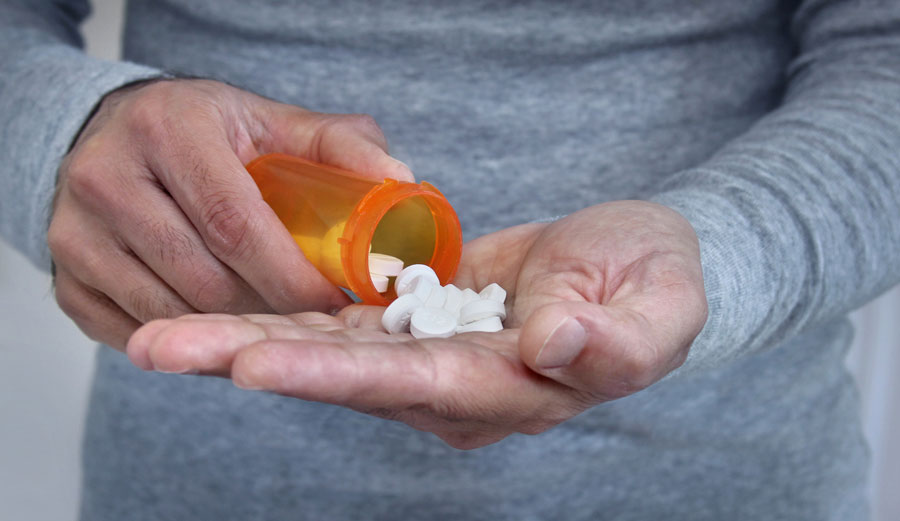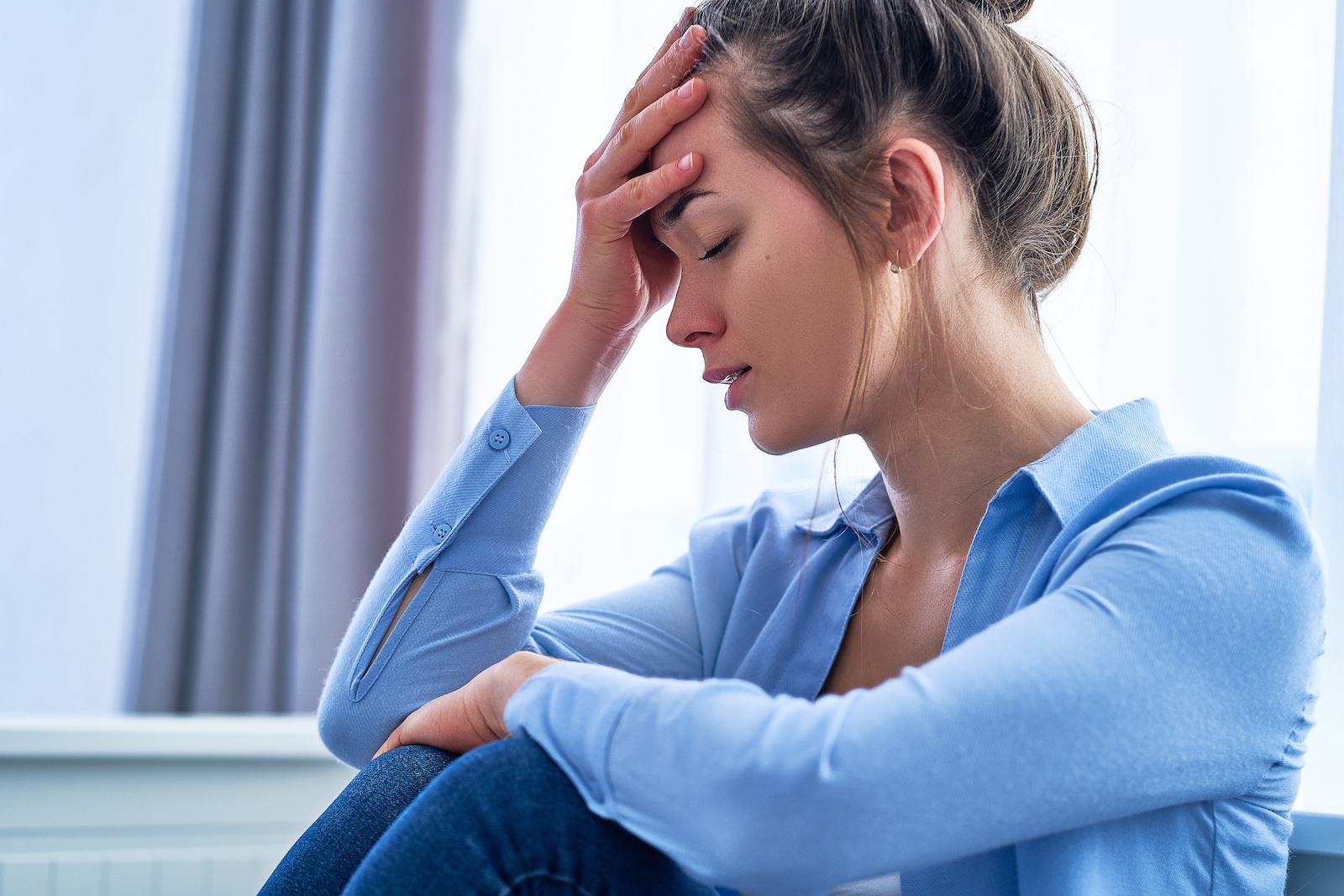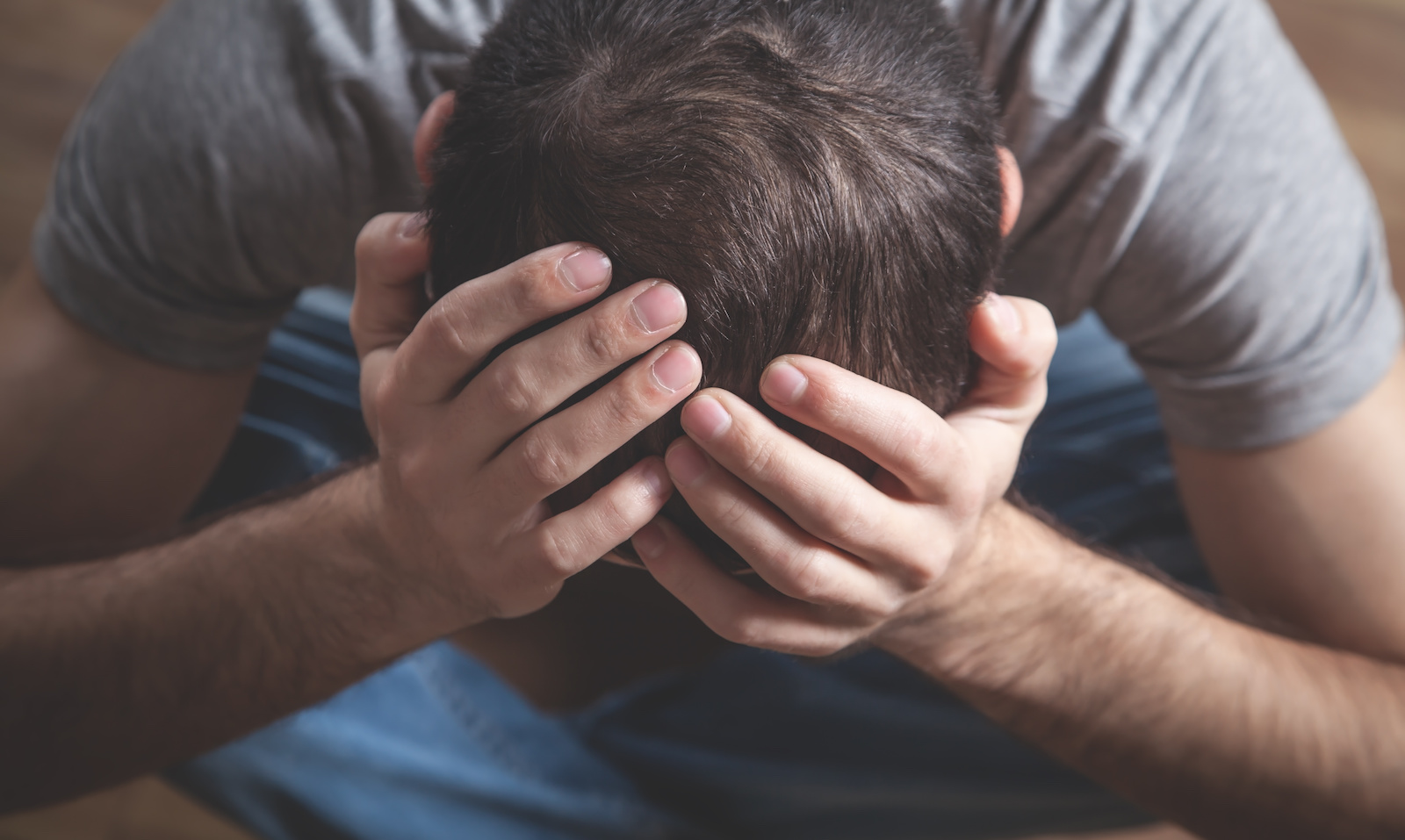
Table of Contents
Many drugs aren’t very well understood, especially when they’re used recreationally or when people start taking a medication for a specific set of symptoms without learning more about how that medication is used and why.
Xanax is one of those medications.
Because Xanax highs can feel similar to other drugs, especially opioids used to treat extreme pain levels, it’s often mistaken for other medications. That can lead to many problems over time, especially if you don’t know how to manage the different kinds of medication you’re taking.
So, is Xanax an opioid? Can you take Xanax and opioids at the same time?
Let’s talk about these medications, how and why they work, and what you can do if you think you might have developed an addiction.
Is Xanax An Opioid? Is It Addictive?
The first thing you need to know is that Xanax isn’t an opioid, but it is addictive. Xanax is from a different class of drugs, benzodiazepines, that are also addictive.
Yes, there are a lot of different kinds of medications that can be addictive, and it’s important to know when you’re taking a medication that has an addiction risk, even when you’re taking it as prescribed by a doctor.
Benzodiazepines are another class of medications generally used to treat anxiety disorders and the symptoms of an anxiety disorder. However, like opioid medications, benzodiazepines are commonly targeted for abuse and recreational use because they can make users feel good.
Benzodiazepines are calming medications that help lower your heart rate and create physical and mental calm.
People who use benzodiazepines recreationally may be using them to self-treat symptoms of their anxiety disorders, intentionally and unintentionally, or they may use them for the feel-good sensation they create.
Since Xanax is a relatively commonly prescribed medication, it’s relatively easy to get, making it a particularly problematic medication for addiction and misuse.
You also shouldn’t combine Xanax and opioid medications, even if you have a prescription. It’s important to ensure you don’t take these medications while the other medication might still be active and to ensure your doctors know if they recommend benzodiazepines or opioids of any kind while taking the other.
These medications can cause many problems when taken together because they both work to depress or slow the central nervous system. That’s fine when taken individually but can become problematic when you combine the medications or take more than you’re supposed to.
Combining benzodiazepines and opioids can lead to much more serious complications than taking either medication alone. Taking them together can greatly increase your chances of overdose or death.
Let’s discuss the side effects of Xanax and opioids, individually and together.
Side-Effects Of Xanax And Opioids
While you shouldn’t combine Xanax and opioid medications, it’s important to know the symptoms of each medication and the symptoms of the two of them together so you can recognize if you accidentally take them too close together.
To get us started, here are some of the common side effects of Xanax:
- Lower coordination
- Lower memory
- Poor reaction time
- Memory impairment
- Slower processing
- Anxiety
- Depression
- Loss of sex drive
- Agoraphobia
- Unsteady gait
Not everyone who takes Xanax will experience these side effects, and even people who have some side effects may only experience one or two of the side effects. Other people might have more side effects, and if the side effects are too severe or distracting, you may want to talk with your doctor about alternatives.
The good news is that there are alternatives to Xanax that you can take to get similar or the same benefits, but that may not have as many side effects or that might have milder versions of the side effects that are easier to deal with.
Next, let’s talk about some common and shared side effects of opioid medications.
- Drowsiness
- Constipation
- Nausea
- Vomiting
- Decreased reaction time
- Slow breathing
- Difficulty breathing
Taking Benzodiazepines and opioids together, including any medications of each type, can cause serious complications and harm over time. Recognizing the side effects of accidental combinations is important, and knowing the side effects of taking these medications together is also important if someone decides to take these two types of medications together without understanding the risks.
Side effects include:
- Unconsciousness
- Significantly reduced reaction time
- Slowed breathing
- Stopping breathing
- Nausea
- Vomiting
- Anxiety
- Depression
- Liver and or kidney problems
- Extreme fatigue
- Confusion
- Unresponsiveness
- Pinpoint pupils (also a sign of opioid overdose)
All of these signs and symptoms should be taken seriously and may warrant contacting poison control or getting emergency health services involved to make sure you don’t have an accidental overdose or other problems.
Signs Of An Addiction To Xanax And Opioids
There are many potential signs of addiction to Xanax and Opioids, and both drugs can cause individual addictions. It’s also possible for someone with an addiction to either Xanax or an opioid medication to decide to start taking the other as a way to increase the effectiveness and side effects of one medication.
Remember, this is incredibly dangerous and is almost always a sign of an addiction.
Here are some other signs and symptoms of a possible addiction to Xanax and or opioids:
- You feel like you need to hide how much of the drugs you’re taking
- You’re going through your prescriptions faster than you should
- You feel like you need to take more and more of each medication to get an effective dose
- You feel sick when you haven’t taken the medication for a while
- You’ve considered buying or have already bought medication from an illegal source
- You’ve considered using online pharmacies to get more of the medication than you should
- You feel like you need to take Xanax or opioids before important events, especially events where you wouldn’t normally need to take either medication
- You have considered stealing to fund your medication habit
- Your friends or family members have expressed concern with your use of your medications
- You feel like you’re not yourself unless you’re taking the medication
- You feel like you’re able to put your best foot forward while taking the medication, and not without it
Increasing the dose of your medication, taking medications more often than you should, or feeling like you need to combine your medication with other drugs for the best effect can all be signs of addiction and other problems.
Remember, you don’t have to deal with addiction on your own, and getting help for your addiction can help make it a lot easier to deal with the side effects and consequences of your addiction and can make it easier to overcome your addiction and live the kind of life you’ve been wanting.
How To Get Help If Addicted To Xanax And/Or Opioids
There are a lot of resources out there to help with Xanax and Opioid addiction, especially since both of these medications are known to be highly addicting. That also means that there are many more resources for people who have become addicted.
One of the most important things you can do if you want to get help with your addiction is to talk with your primary care provider and see if they can offer any more resources or support. If your primary care is also your prescribing doctor, they may want to discuss stopping your medication or switching to medications that might be similarly helpful but less likely to cause an addiction.
There are a lot of therapies and other options out there if you’re addicted to Xanax or Opioids, but one of the options you might want to consider is going to a residential treatment center.
Treatment centers have many more options for helping to support you through withdrawal, building up new coping mechanisms and things to help you deal with the aftermath of addiction, and can help provide the medical and mental support you need during addiction recovery.
You don’t have to do this alone.
You’re more likely to be successful in overcoming Xanax or Opioid addiction if you do reach out for help with the addiction.
If you’re ready to overcome your addiction and work toward getting the life you’ve always wanted, Ocean Recovery is here to help support you through that process. Our team can help you deal with the stress and difficulties of getting through withdrawal while also helping you work toward your individual goals and dreams.
There are a lot of different kinds of treatment available, and we’re dedicated to helping find the right combination of techniques and treatments for you, to help you get through this.
Contact a luxury rehab center today to learn more about our treatment program options, how we can help people in your position, and to learn more about the intake process to get the help you need and deserve.
Sources:
- Durbin K. Xanax: Uses, Dosage, Side Effects & Warnings. Drugs.com. Published December 1, 2021. Accessed September 21, 2022. https://www.drugs.com/xanax.html
- National Institute on Drug Abuse. Benzodiazepines and Opioids. National Institute on Drug Abuse. Published April 21, 2022. Accessed September 21, 2022. https://nida.nih.gov/research-topics/opioids/benzodiazepines-opioids
- Purse M. Learn About the Potential Side Effects of Xanax. Verywell Mind. Published April 4, 2022. Accessed September 21, 2022. https://www.verywellmind.com/xanax-side-effects-379014
- Cleveland Clinic. Opioids: What They Are, Side Effects & Disorders. Cleveland Clinic. Published May 27, 2022. Accessed September 21, 2022. https://my.clevelandclinic.org/health/articles/21127-opioids
OCEAN RECOVERY EDITORIAL GUIDELINES
The internet contains a vast amount of misinformation, but when it comes to your health only peer reviewed, research centered data matters. At Ocean Recovery, all content published throughout our website has been rigorously medically reviewed by a doctorate level clinician, and cross checked for medical accuracy. Our editorial process helps our readers trust that the information they are consuming is factual and based upon scientific data. Your health is our top priority, find out more about how we safeguard the integrity of information on our website. Read More About Our Process






